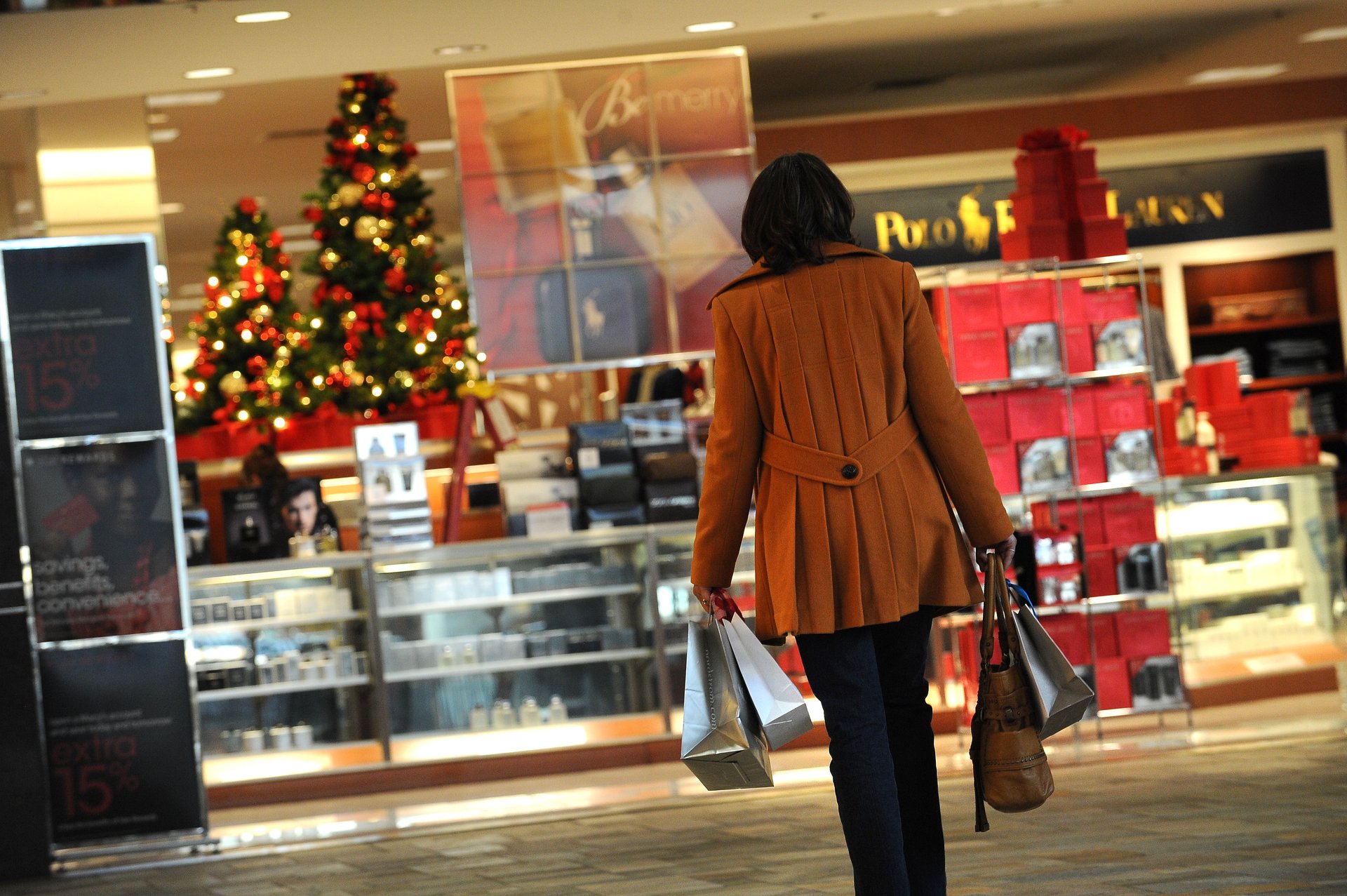Seasonal hiring is expected to hit its lowest level since 2009
Tariffs and inflation are likely to blame as retailers pare back on hiring to help with shopping sprees this holiday season

Helen H. Richardson
With recession threats rising and tariffs beginning to settle into the bottom line, retailers are expected to sharply reduce their seasonal hiring plans in the fourth quarter, reducing the anticipated number to its lowest level in 16 years.
Suggested Reading
A report from outplacement firm Challenger, Gray & Christmas predicts employers will add less than half a million jobs in the fourth quarter. Last year that number was 543,000.
Related Content
“Seasonal employers are facing a confluence of factors this year: tariffs loom, inflationary pressures linger, and many companies continue to rely on automation and permanent staff instead of large waves of seasonal hires,” Andy Challenger, a senior vice president and workplace expert at Challenger, Gray & Christmas, said in a statement.
The news comes as the overall job market in the U.S. is growing soft. Employers added only 22,000 jobs in August, which was far short of expectations.
The one hope for seasonal hiring comes down to the consumer. Despite the froth in the stock market and the threat of an AI bubble, consumers have continued to spend money at stores. Should they lean into that this holiday season, retailers could be forced to increase their hiring late in the year. At present, though, retailers aren't betting on that surge.
Several retailers that normally would have announced their seasonal hiring plans by now, including Target, Macy's and Burlington, have not announced precise hiring plans. Among those who have, the numbers are either equal to last year or slightly lower.
Tariffs have driven up the cost of several categories, according to the latest Consumer Price Index. Household goods, for instance, were 10% more expensive than they were in the pre-tariff days. That could be starting to have an impact. A PwC report from earlier this month said shoppers are planning to spend 5% less on holiday gifts, travel and entertainment this year. That's the first decline of note since 2020.
